5 Reasons to say ‘Yes’ to “No”
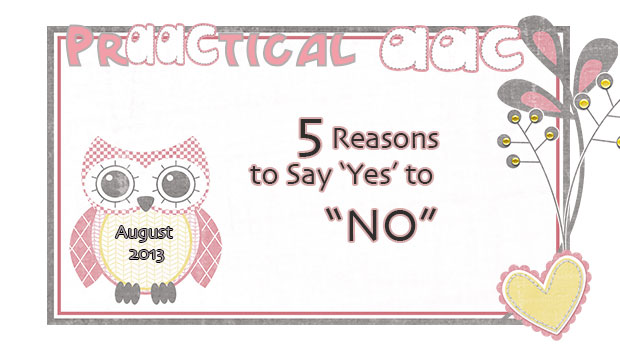
We had a ‘situation’ yesterday which really was sign of progress and not a ‘situation’ at all. We know a young adult who is non-verbal and communicates primarily with an object communication system. He is typically happy and at the very least passive. Usually this learner will participate in any activity even if he does not like it. He will follow the sequence, follow instructions, and do what is expected but with minimal communication if it is an undesired activity. Of course, we try to do things he likes, but sometimes it is not so clear, it can change, or it just may be too much of a good thing.
Back to the story….we had a special session planned with many of his favorite things. Awesome things, things we had been waiting to do with him. We even had a special guest who had special things. However, when we started to introduce them, he seemed agitated, and more agitated… But….. they were his favorites….. how could this be??? Taking a deep breath, becoming flexible, and slowing things down, it became the perfect time to honor his “no”. Here is why we accepted and taught an expanded “no”:
- Protesting Appropriately is a Communication Goal- It does not matter if we are working on requesting, commenting or protesting, they are all communication goals. Sometimes, protesting is the highest priority goal.
- Compliance Training is NOT one of our Goals– Everyone has the right to say ‘no’ at any time. There may be consequences for saying “no”, like doing the work later but especially in a speech-language therapy session it does not matter if we say “no” to 100 things as long as we have those 100 communication exchanges.
- You Do NOT Want to Teach Challenging Behavior- We want to accept any type of communication that indicates “no”, and teach a symbolic form rather than wait for the learner to hit, kick, melt down before we back off or honor the ‘no’ because then the learner has been taught (by us) that challenging behavior honors “no” rather than pushing something away, walking away, turning head away etc.
- “No” Can Be Expanded- No can be expanded to include “no thank you”, “no not now”, “don’t like this anymore”, “no because ______”. When we learn to say “no” politely and in a variety of ways, we have begun to negotiate. Then, people are much more likely to listen. AND of course EVERYONE negotiates different types of “no”.
- You May Get A Kiss Goodbye- By honoring “no”, even if it is many “no’s”, the learner will feel respected and appreciated as a competent communicator. So what may have been perceived as a difficult session/time, was really an awesome communication session that taught so much more than anything else that could have been taught on this particular day. And, at the end, even though there was agitation and frustration and learning, the young man gave a kiss good-bye for the first time. 🙂
Filed under: PrAACtical Thinking
Tagged With: communication, protesting
This post was written by Robin Parker
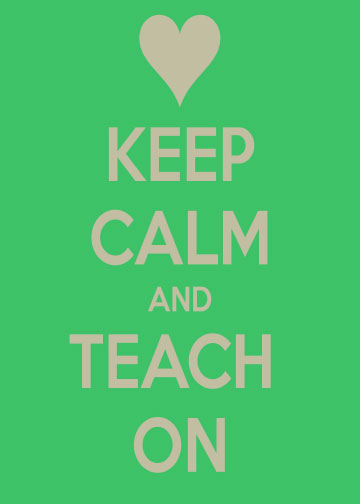


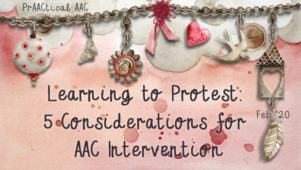
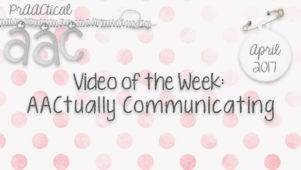
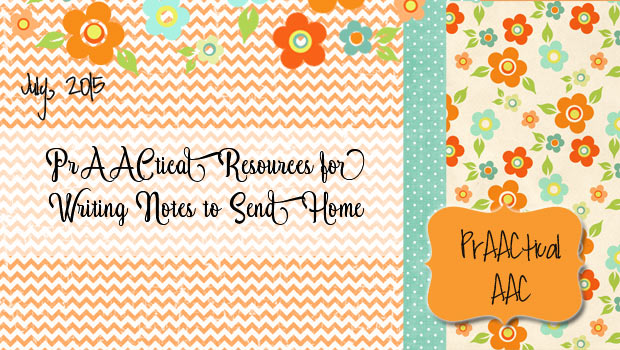
4 Comments
Yes! Completely agree! Love the way you think about our friends!
You are a Shining Light in a world of silence where maybe only pictures and buttons with sounds and gestures and cries bring forward the words locked deep within. Thank you for inspiring me to advocate for ALL to have a voice
Thank you so much for taking the time to comment with such a beautiful sentiment. One of our goals of writing about AAC is exactly what you expressed, so thank you again.
Awesome. My daughter is now nonverbal. She used to say no (and other words) and an observer we hired saw her at school(kindergarten year) saying no several times and it wasn’t honored. Eventually she stopped using no. I feel like it wasn’t doing her any good, so she quit using it. Also when asked if she wanted more water and she said “no” they gave her more any way and then she was reprimanded for dumping the water they’d refilled. I’m so glad I found your site. Today alone you’ve posted several helpful things that hit home with us and reaffirm that we’re not “just parents”. We may not be the experts but apparently some experts agree with us!